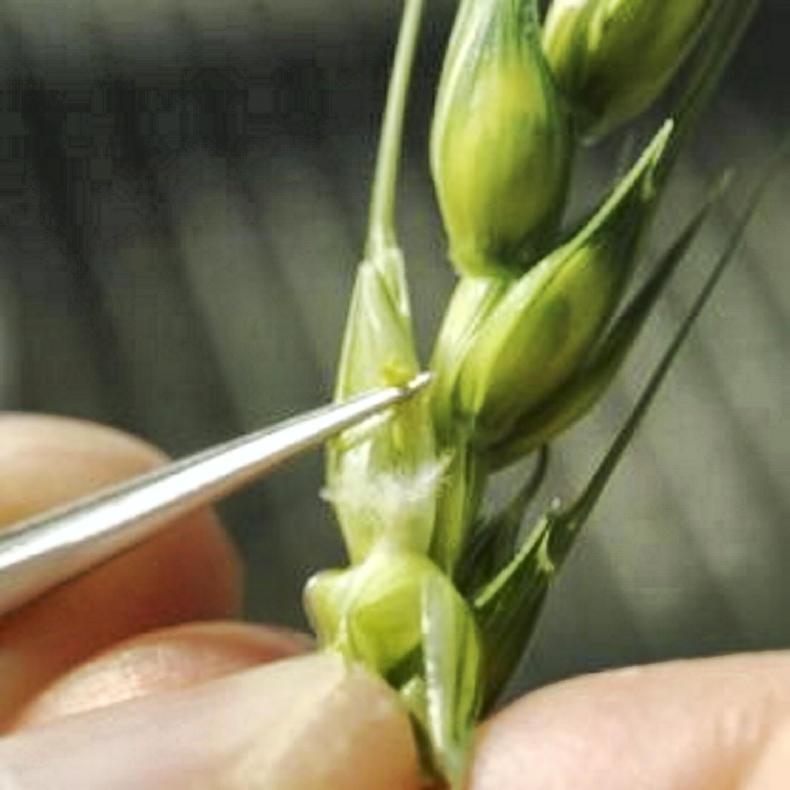There have been renewed calls to allow the use of gene editing technology in Europe.
In July, the European Sustainable Agriculture through Genome Editing (EU-SAGE) network and its members from 132 European research institutes and associations urged the European Council, European Parliament and the European Commission to reconsider their stance on gene editing.
In an open statement, the EU-SAGE network said that developing new crop varieties need tools that are safe, easy and fast, and the latest addition to these tools is precision breeding or genome editing.
Gene editing is one of the tools needed to achieve the sustainable development goals set out by the European Union, they said.
ECJ ruling
The use of precision breeding techniques has been halted in Europe due to the ruling of the European Court of Justice (ECJ) of 25 July 2018, which placed all crops developed through this technique under GMO regulations, even if no foreign DNA was introduced in the crops.
The open statement said that gene editing offers an increasing range of solutions for a more efficient selection of crops that are climate-resilient, less dependent on fertilisers and pesticides, and help preserve natural resources.
Global picture
The graphic below shows the recent developments worldwide on the legal status of gene editing.
It shows that currently only Europe and New Zealand have the most restrictive legislation towards gene editing applications compared with other parts of the world.
It also reflects the most recent developments and investments in gene editing in China and Russia, as well as ongoing discussions in Africa and Central America.
Figure 1: Developments worldwide on the legal status of gene editing

Developments worldwide on the legal status of genome editing.
There have been renewed calls to allow the use of gene editing technology in Europe.
In July, the European Sustainable Agriculture through Genome Editing (EU-SAGE) network and its members from 132 European research institutes and associations urged the European Council, European Parliament and the European Commission to reconsider their stance on gene editing.
In an open statement, the EU-SAGE network said that developing new crop varieties need tools that are safe, easy and fast, and the latest addition to these tools is precision breeding or genome editing.
Gene editing is one of the tools needed to achieve the sustainable development goals set out by the European Union, they said.
ECJ ruling
The use of precision breeding techniques has been halted in Europe due to the ruling of the European Court of Justice (ECJ) of 25 July 2018, which placed all crops developed through this technique under GMO regulations, even if no foreign DNA was introduced in the crops.
The open statement said that gene editing offers an increasing range of solutions for a more efficient selection of crops that are climate-resilient, less dependent on fertilisers and pesticides, and help preserve natural resources.
Global picture
The graphic below shows the recent developments worldwide on the legal status of gene editing.
It shows that currently only Europe and New Zealand have the most restrictive legislation towards gene editing applications compared with other parts of the world.
It also reflects the most recent developments and investments in gene editing in China and Russia, as well as ongoing discussions in Africa and Central America.
Figure 1: Developments worldwide on the legal status of gene editing

Developments worldwide on the legal status of genome editing.







 This is a subscriber-only article
This is a subscriber-only article









SHARING OPTIONS: